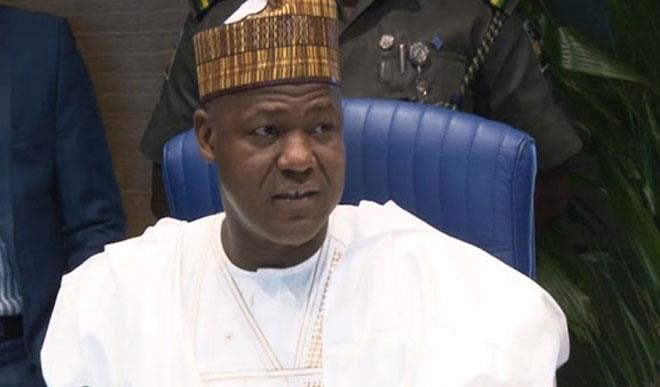Breaking News
Speaker Dogara Says FG Not Tackling Woes of Oil Communities – Dogara

Speaker of the House of Representatives, Yakubu Dogara, yesterday, accused the Federal Government of not taking steps to address agitations of oil producing communities in the country.
The Speaker also lamented that the National Assembly had written to the Presidency to submit its proposed reforms on the oil and gas sector about three times, lamenting that the Presidency was yet to do anything in that direction.
Dogara, who stated this during the National Stakeholders Summit on Petroleum Industry Reforms organised by the House Committee on Petroleum in Abuja, said the legislature was determined to draft a law for the industry that will be in the best interest of Nigerians.
He noted that Nigeria was one of the richest petroleum regions of the world, but had not been able to effectively maximize its immense oil and gas potentialities and the revenue accruing from them.
He said Nigeria’s oil resources skewed to enrich elite, “It operates under an inadequate legal framework, with an inefficient and poorly maintained pipeline network and depot system. The result is that Nigeria is both one of the world’s largest producers of crude oil, and one of the world’s leading importers of petroleum products, a dependency that has enriched the elite at the expense of the increasingly impoverished masses.
“The downstream runs on a system of subsidies until recently and uniform pricing which has proved ineffective, in addition to being administered in a very opaque way. Shortages and inadequate supply have characterized the Nigerian downstream for over two decades and can be described as an example of system failure. “The upstream has not fared better either. Pipeline vandalism, large-scale environmental degradation, and the world’s highest levels of crude oil theft have been constant for several years.
“Decades after the advent of Nigeria’s petroleum industry, problems which led to host community agitation remain unaddressed and highly politicized, and the question of the extent to which revenues from the industry should be shared among the three tiers of government and the people remain, as do the content and limits of corporate social responsibility.






